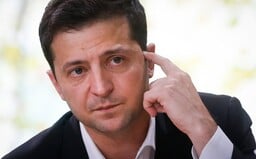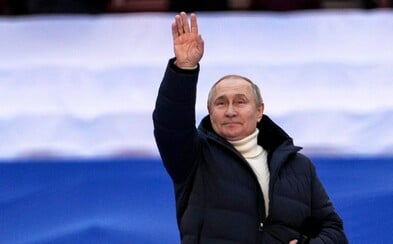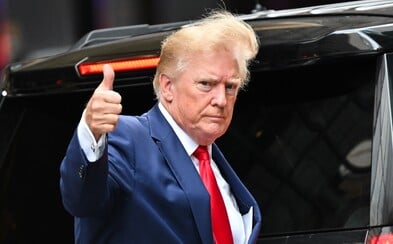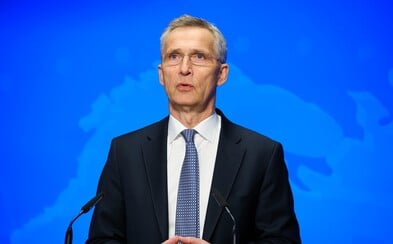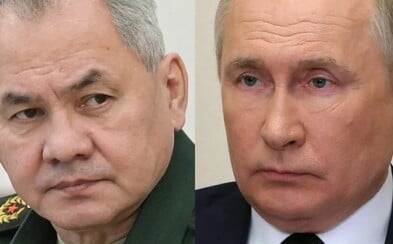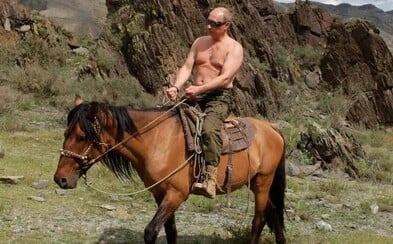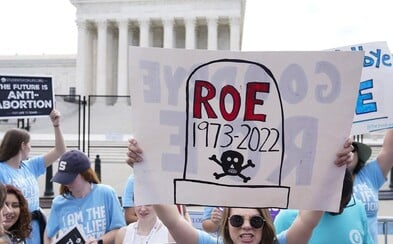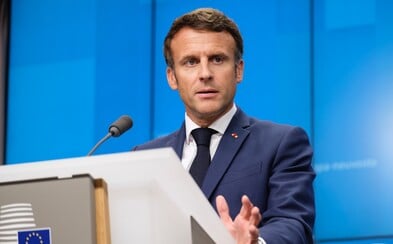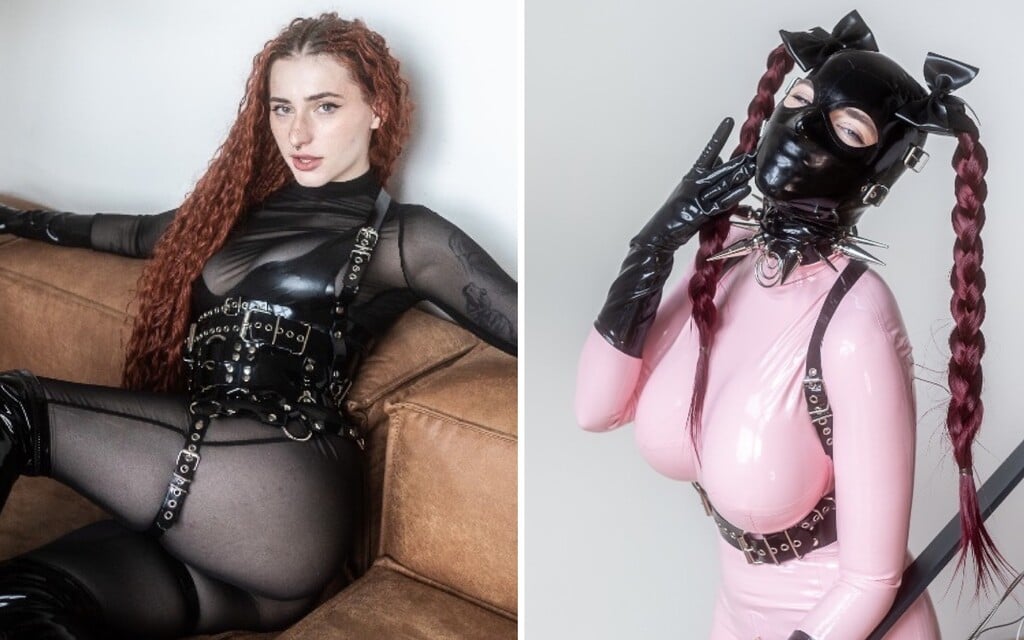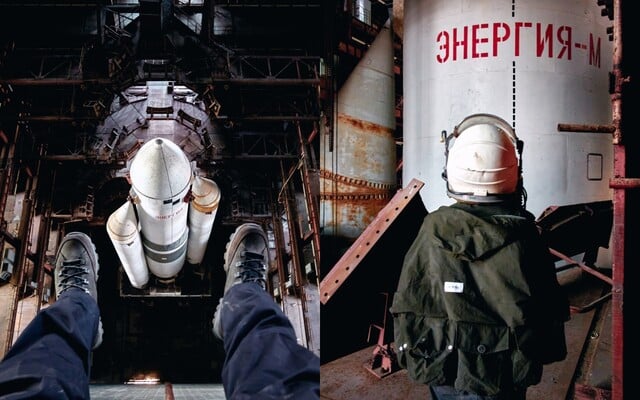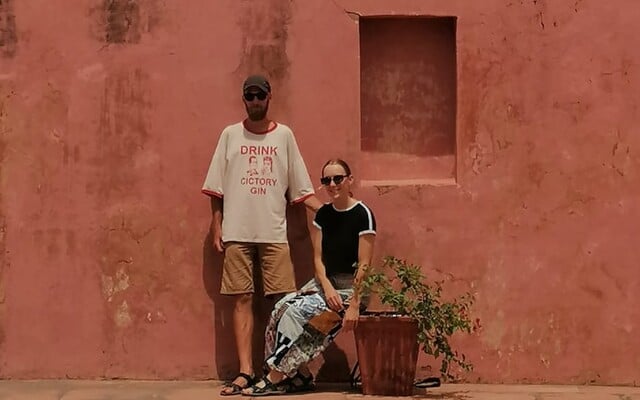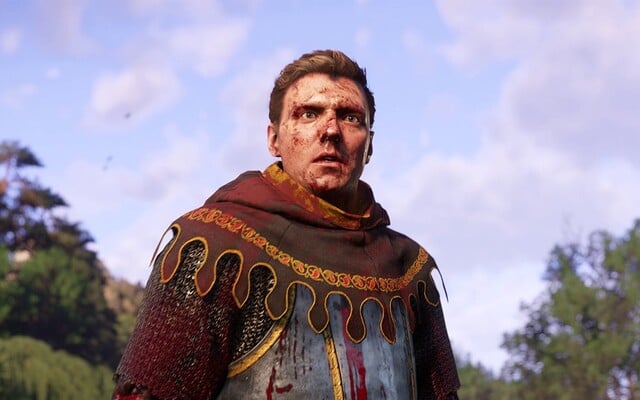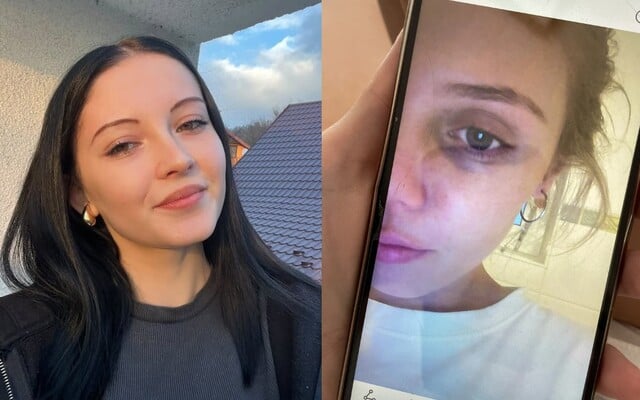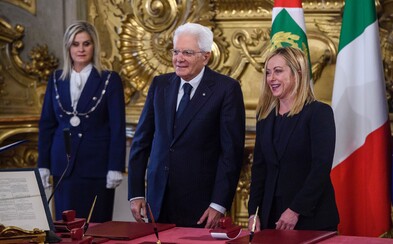 She Likes Fascist Symbols And Stands Against Abortion, LGBT And Migrants. This Is The Italian Prime Minister Giorgia Meloni
She Likes Fascist Symbols And Stands Against Abortion, LGBT And Migrants. This Is The Italian Prime Minister Giorgia Meloni
She Likes Fascist Symbols And Stands Against Abortion, LGBT And Migrants. This Is The Italian Prime Minister Giorgia Meloni
She Likes Fascist Symbols And Stands Against Abortion, LGBT And Migrants. This Is The Italian Prime Minister Giorgia Meloni
10 Facts About Putin: How a Poor Son From Leningrad Got Into High Politics
"Fifty years ago, the streets of Leningrad taught me one thing. If a battle is necessary, you must strike first," Putin said in 2015 on account of the war in Syria.
If problems persis, please contact administrator.
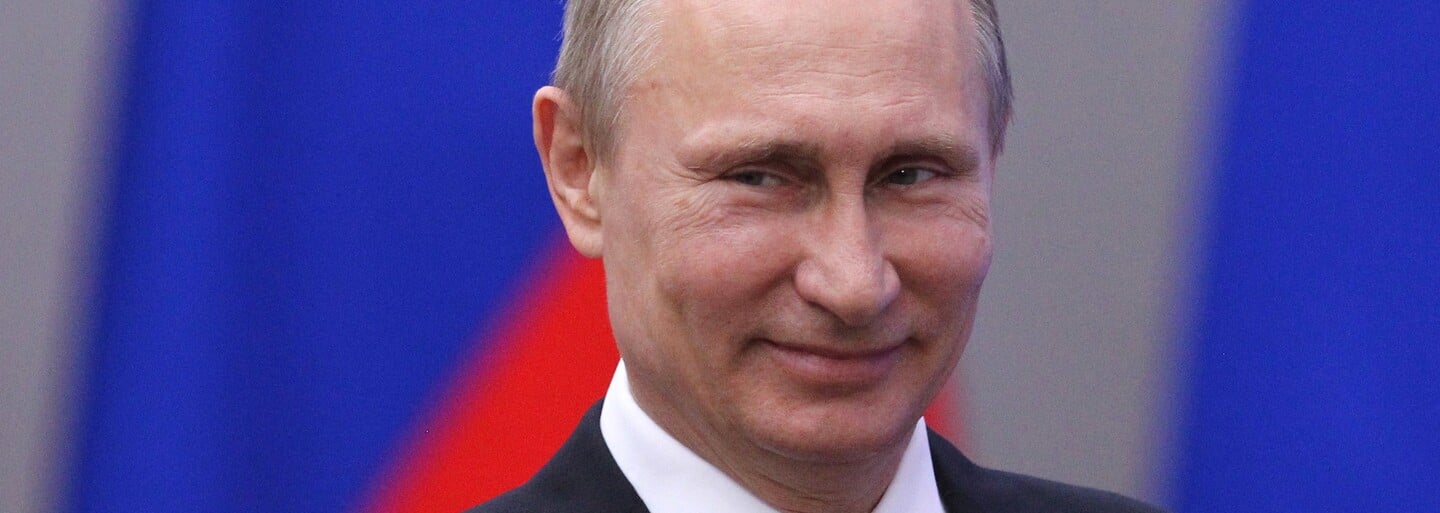
What led Vladimir Putin to begin the largest European conflict since World War II? The Russian leader, whom everyone knows likes to wrestle with wild animals, enjoys extreme sports and owns a marble palace, has his dark secrets.
1. Child from the streets of Leningrad
As a child, Putin did not sleep on a bed of roses. He was born in present-day St. Petersburg (then Leningrad) in 1952 into a working-class family. Father Vladimir fought in World War II, where he was seriously wounded by a grenade. He later worked in a factory. During the siege of Leningrad in the 1940s, his mother, Maria Ivanovna, was captured and nearly died of starvation. She swept the streets after the war.
The Russian president had two brothers, but he never met them. The eldest brother died a few months after birth and the other one died during the siege of Leningrad from diphtheria. Vladimir Putin grew up in a communal flat shared by three families. There was no electricity or hot water, with rats often keeping them company.
"Fifty years ago, the streets of Leningrad taught me one thing. If a battle is necessary, you must strike first, "Putin said in 2015 on account of the war in Syria. As a young boy, Putin often got into fights with older and stronger children. That is why he decided to learn judo. At the age of eighteen, he acquired a black belt and later devoted himself to a Russian martial art - samba.
2. Suspicious mentor Sobchak
Putin studied law at what was then Leningrad State University. He graduated in 1975. His teacher was Anatoly Sobchak, one of the main reform politicians of the Perestroika period. Sobchak remained in president’s life. After Putin ended his career as a KGB agent, he helped him on his way to power.
He became Sobchak's adviser in the 1990s when he ran for mayor of St. Petersburg. The former mentor first won, and Putin won a seat at City Hall. In 1996, Putin headed Sobchak's election staff, but this time they lost the election. Sobchak fled to France before being prosecuted for abuse of power, abuse of office and mediation of bribery. In 1999, when Putin became prime minister, the charges against Sobchak were dropped and he returned to Russia.
3. Agent KGB in Germany
For 15 years, the Russian president served as a foreign agent of the KGB. Immediately after college, he went to a Moscow training institute, where he trained under the pseudonym Platov. In 1985, he was sent to Dresden, Germany.
His main task was, allegedly, to recruit foreigners to Dresden, later sending them to the United States as secret agents, but there are few reliable sources about what Putin actually did in Germany. Thanks to years on a foreign mission, Putin speaks fluent German, but refuses to speak English because it makes him feel uncomfortable.
In 1990, as a lieutenant colonel, he left active service and returned to Russia, where he became vice-rector of Leningrad State University. However, he did not end at the secret services for good. In the summer of 1998, he became the director of the KGB's successor, the Federal Security Service (FSB).
4. Yeltsin left him his chair
After Sobchak's defeat, Putin realized that if he wanted to have real influence, he had to focus on Moscow, not his native St. Petersburg. He worked in the office of President Boris Yeltsin. First in the asset management department and then directly in the administration as the head of the audit committee.
In 1999, Vladimir Putin was appointed First Deputy Prime Minister, which allowed him to be appointed Prime Minister of the new government later that day, after Yeltsin removed former Prime Minister Sergei Stepashin. New Year's Eve 1999 was a victory for Putin. The president resigned due to declining support and health problems and left him in charge. From a relatively unknown politician, he suddenly became the leader of the whole of Russia.
In the spring, Putin won the presidential election in the first round. Voters were swayed by his calm demeanour and ability to act under pressure. He promised that as president he would fight corruption, create a heavily regulated market economy, and put Russia back on its feet.
5. Who is responsible for the Beslan massacre
As prime minister, Putin resumed the war in Chechnya and immediately called it a counter-terrorism operation. Relentless fighting and repeated bloody terrorist attacks have become a major problem for the country. in the eyes of the public, the lost lives of soldiers, explosions or hostage tragedies thwarted all the economic successes of his government.
During the war, many experts were alerted to human rights violations and war crimes. Russia, for example, was blamed for the short-range ballistic missile bombing of Grozny, which killed more than 140 civilians, as well as the massive air bombing of the village of Katyr-Yurt (more than 170 victims).
The Beslan massacre went down in history as the bloodiest attack on school grounds. On September 1, 2004, Chechen separatists attacked a primary school in Beslan in the south of the Russian Federation, demanding that Chechnya be recognized as an independent state. At that time, they took almost 1,200 people hostages, mostly children. Explosions allegedly planted by terrorists killed 334 hostages. However, there is evidence that the massacre at the Beslan school was started by Russian security forces, which initiated an explosion from outside. The Chechen war lasted until 2009.
6. Suspicious poisonings
It started in the early years and gradually became an almost leitmotif of Putin's government. Several people of his critics were poisoned under mysterious circumstances. In 2006, KGB and FSB agent Alexander Litvinenko was poisoned.
The British physicist Norman Dombey found out that Litvinenko died after a dose of radioactive polonium, which they produced at the Avangard plant located 500 kilometres southeast of Moscow. No other country produces polonium. Litvinenko has long and publicly criticized Russian President Vladimir Putin. At the turn of the millennium, he fled to London and sought political asylum there. He allegedly cooperated with the British secret service MI6.
In 2011, a series of protests against Putin took place, whose preferences in the next election plummeted. There has even been talk of falsifying election results. The protagonist of the year was Alexei Navalny, who became a stable vocal critic of the Kremlin.
In 2020, he was poisoned by the chemical novichok and fell into a coma. The European Union has imposed sanctions on FSB Director Alexander Bortnikov and five other senior Russian security officials, as well as on GosNIIOCHT, which developed the chemical, for "using chemical weapons to assassinate Alexei Navalny". According to the EU, Navalny's poisoning was possible "only with the consent of the presidential administration" and with the participation of the FSB. Navalny is convinced that the Russian president himself is behind the attempt to take his life.
Russian opposition politician Boris Nemtsov was assassinated in February 2015 on the Great Moscow Bridge. The attacker shot him in the back four times from passing car. In the spring of the same year, in the English city of Salisbury, they found Sergei Skripal and his daughter Julia unconscious on a bench.
According to the British investigation, they were poisoned by the novichok, which was also confirmed by the investigation of the expert team of the Organization for the Prohibition of Chemical Weapons. Skripal was a former Russian double agent working for the British and Russian secret services. In 2004, Russia arrested him for high treason, but in 2010 he received presidential pardon.
7. Head-to-head with the United States
Under Putin's rule, the United States and Russia have quite often found themselves on opposite poles, despite several failed attempts to reconcile or "restart" relations. The Russian president was strongly opposed to George Bush abandoning the ABM (Anti-Ballistic Missile Treaty) in 2001, an agreement between the United States and the Soviet Union in 1972 to limit anti-ballistic missile systems used against nuclear missiles.
After the September terrorist attacks on the Twin Towers, Putin confirmed that Russia would cooperate in the fight against terrorism. However, when the United States wanted to use military force in 2002 against Saddam Hussein's government in Iraq, Putin stood against this.
In December 2012, President Obama signed the Magnitsky Act, which imposed financial and visa sanctions on Russian officials responsible for human rights abuse. The law was named after Sergei Magnitsky, a lawyer who died under mysterious circumstances in 2009 after finding evidence that Russian officials had committed tax fraud.
In response, Putin introduced a law that would prohibit Americans to adopt Russian children. The law also prohibited the operation of civic associations that have funding from the United States.
Tensions between Russia and the United States escalated in June 2013, when whistle-blower Edward Snowden sought refuge in Russia. He could remain in Russia on condition that Moscow stops harming American trading partners.
A month later, the United States indirectly joined the war in Syria, which Putin did not support. In the Syrian civil war, Russia sided with the government of dictator Bashshar Assad while the United States supported the so-called free Syrian army, or rebels.
8. A nominee for the Nobel Peace Prize, who likes to get involved in foreign affairs
Putin has been nominated for the Nobel Peace Prize twice. He was nominated in 2014 after allegedly discouraging Syrian President Bashar Assad from aggressive intervention. In 2021, he was nominated again, allegedly by the controversial Russian writer Sergei Komkov. However, it was during the war in Syria that the talk of a Russian cyber war began.
There have been reports that the country has at least 1,000 digital soldiers. The Russian government has argued that "information operations" include propaganda and counter-propaganda - activities that are normally carried out by several countries. However, according to critics, Moscow goes further and also uses cyber-attacks, including interference in the elections in other countries.
Cyber-attacks appeared in the US presidential elections won by Donald Trump. This is the American statesman with whom Putin has had the strongest relationship so far. The hackers were to target the Democrats and their nominee, Hillary Clinton. Experts have traced the origins of the attacks back to Russia. Donald Trump himself joked that Moscow sent hacker emails because Putin liked him. However, he never officially admitted receiving help from the Kremlin, although Russia's involvement in the hacker attacks was confirmed by US authorities.
Moscow also intervened in the French presidential election. Candidate Marine Le Pen received financial support from a bank linked to the Kremlin. In her campaign, she promised to end Russian sanctions after the annexation of Crimea. Le Pen eventually lost.
9. President for life?
During his reign, Putin made every effort to ensure that he did not lose the primary power in the state. When he could not run again, his close associate and native of St. Petersburg, Dmitry Medvedev, ran for the post. Just two hours after taking office, Putin was appointed prime minister. Although Medvedev tried to be assertive in his position, Putin was still seen as the number one man.
Later, Putin ran for president again and won. In the summer of 2020, a vote took place, deciding, that Vladimir Putin could be president for another 16-year term.
10. Crimea will forever be Russia
At the beginning of 2014, Ukrainian pro-Russian President Viktor Yanukovych, who refused to sign an agreement on Ukraine's economic cooperation with the EU, was overthrown during a so-called Euromaidan. This provoked mass protests in the country, which resulted in Yanukovych's escape. Russia took advantage of the political chaos in Ukraine and forcibly annexed the Crimean Peninsula to its territory.
Subsequently, Russia began to support pro-Russian separatists militarily in eastern Ukraine in the Luhansk and Donetsk regions, both materially and diplomatically. Armed conflict erupted in 2014.
During his visit to Crimea in 2021, Putin declared that the region would forever be a part of Russia. At the same time, he described Crimea as a symbol of historical truth and civil reconciliation. He stressed that Crimea and Sevastopol, which is the home port of the Russian Black Sea Fleet, have always been associated with Russia, because such is the sovereign, free and unwavering will of "his" people.
If problems persis, please contact administrator.

